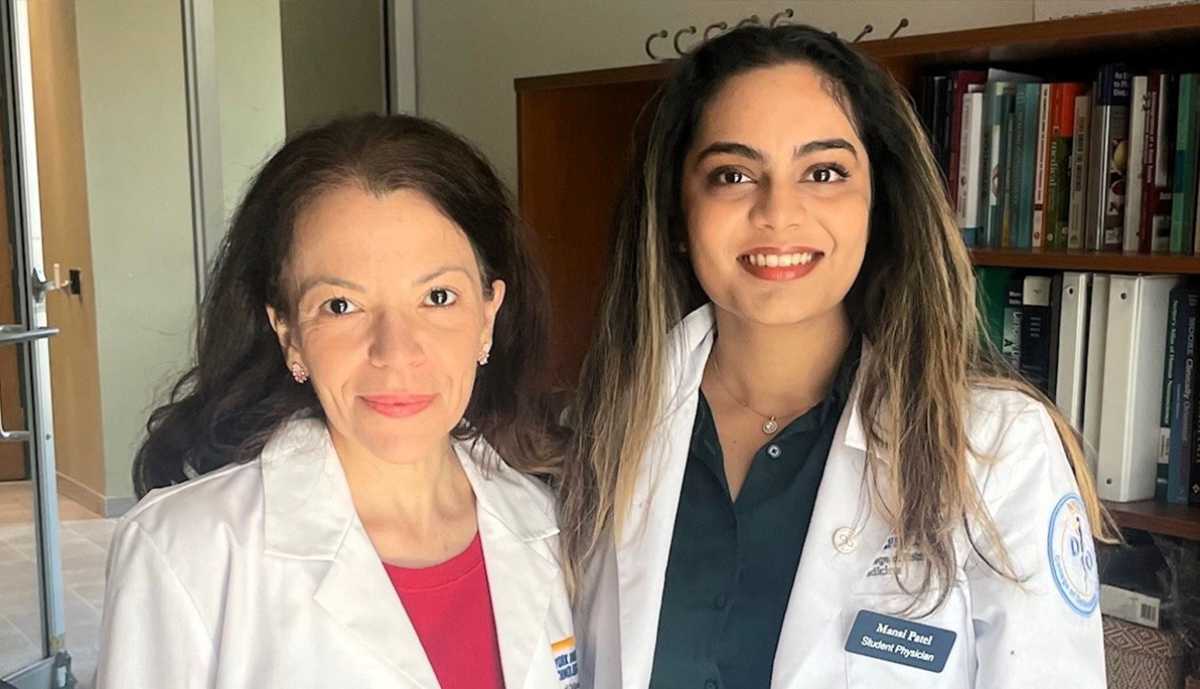Health
NYITCOM Study Sheds Light on RSV Vaccine Considerations for Special Populations

A recent study conducted by researchers at the New York Institute of Technology College of Osteopathic Medicine (NYITCOM) has provided valuable insights into the considerations surrounding respiratory syncytial virus (RSV) vaccines for special populations.
Amidst a challenging healthcare landscape, with hospitals facing a shortage of beds due to a surge in RSV cases, the FDA‘s approval of RSV vaccines for adults marked a significant milestone. However, uptake among eligible patients remained low.
In January, a CDC emergency alert highlighted instances of incorrect RSV vaccine administration to pregnant patients and children, further complicating vaccination efforts.
The research paper, authored by NYITCOM student Mansi Patel and Associate Professor Maria Pino, aims to dispel vaccine misinformation and address hesitancy surrounding RSV vaccination.
The study identifies two available vaccines for adults – Abrysvo by Pfizer and Arexvy by GSK – recommended for older adults, immunocompromised individuals, and those with underlying health conditions.
Reports revealed a stark underutilization of RSV vaccines among older Americans, despite the high hospitalization and mortality rates in this age group.
Although one of the vaccines was approved for use in later-stage pregnancies, only a small percentage of eligible pregnant patients received the vaccine, pointing to potential concerns about vaccine overload among the public.
Pino and Patel stress the importance of healthcare professionals being well-informed about the available RSV vaccines to make appropriate recommendations for patients. They also emphasize the need for clear protocols to prevent administration errors, especially in pregnant patients.
Proper administration of RSV vaccines to pregnant patients in their third trimester can help protect both the mother and the newborn, significantly reducing the risk of severe RSV disease in infants.
Through their research, Patel and Pino hope to increase awareness about the importance of RSV vaccination, especially for vulnerable populations, and improve vaccine uptake rates among eligible individuals.












